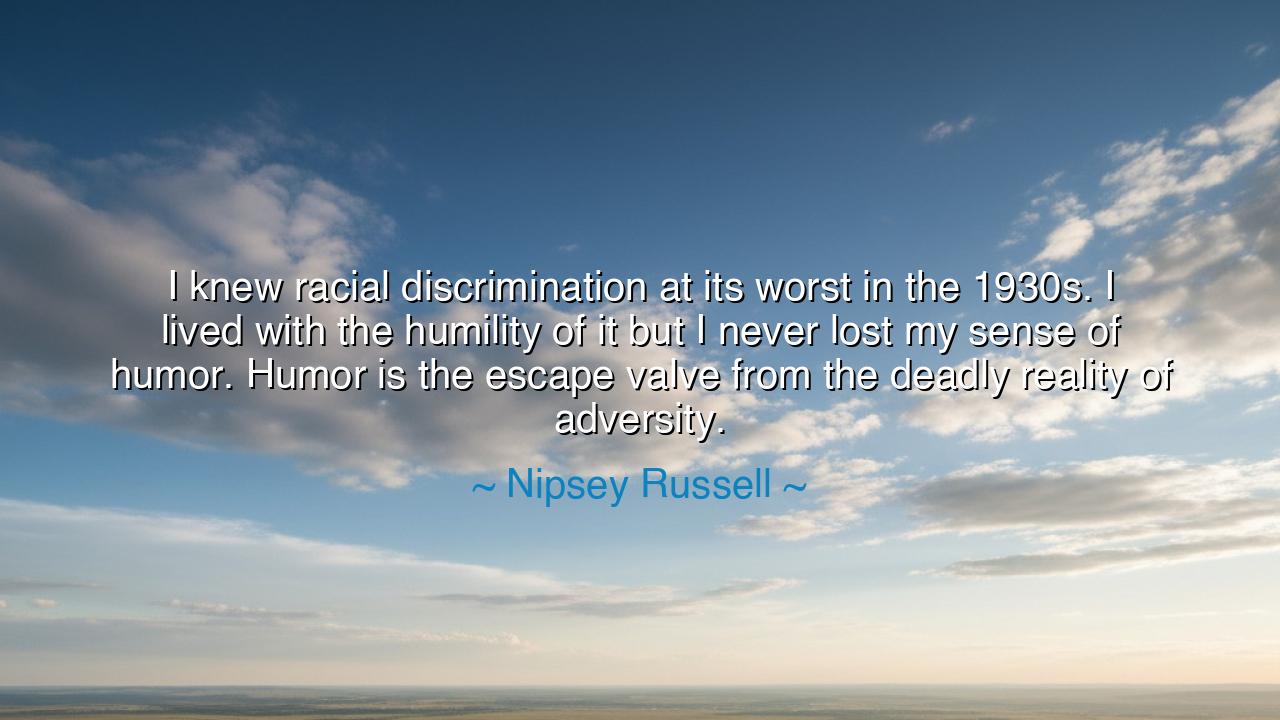
I knew racial discrimination at its worst in the 1930s. I lived
I knew racial discrimination at its worst in the 1930s. I lived with the humility of it but I never lost my sense of humor. Humor is the escape valve from the deadly reality of adversity.






Host:
The night was deep and warm — the kind of night that hummed with the pulse of the city and the low murmur of history. Streetlights burned a weary gold along the sidewalk outside the jazz bar, where the smell of rain, smoke, and something almost holy — resilience — hung in the air.
Inside, the room was dim and alive. The stage glowed in low amber light as a lone trumpet poured a slow, aching tune into the crowd. Jack and Jeeny sat in a corner booth, their table half-shrouded in shadow, two glasses untouched between them.
The music fell into a softer note — tender, tired. Jeeny leaned forward, resting her chin on her hand, and read from her small leather notebook, her voice quiet but firm, carrying over the hush.
Jeeny:
“I knew racial discrimination at its worst in the 1930s. I lived with the humility of it but I never lost my sense of humor.






AAdministratorAdministrator
Welcome, honored guests. Please leave a comment, we will respond soon